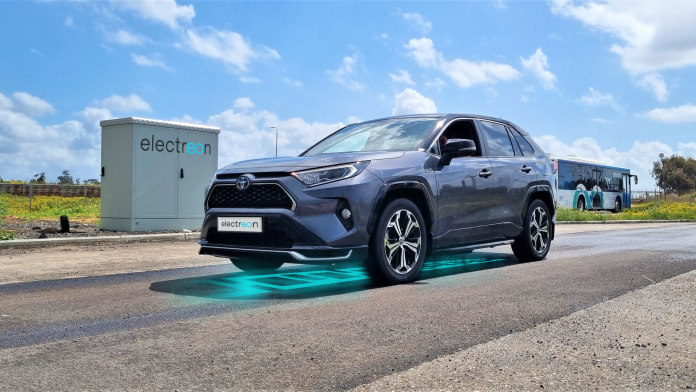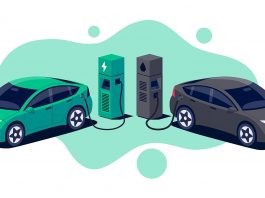Electreon has won a bid to install its revolutionary EV charging road across highways in France and Norway.
The project will see the Israeli start-up company fit a section of the A10 highway near Paris and the Norwegian city of Trondheim with its EV charging road, allowing motorists to refuel their EVs as they drive.
The EV charging road innovation will unlock a range of environmental benefits for the two nations. It is estimated that in France, the transport sector generates one-third of the country’s greenhouse gas emissions.
Moreover, 90% of French goods are transported by road. Experts say that the new EV charging road could cut CO2 emissions from freight by 86%.
Electreon chief executive and co-founder Oren Ezer commented: “France’s net-zero transport plan to reach nearly 9,000 km by 2035 is yet another example of the widespread global adoption of wireless charging, and we are looking forward to unveiling our next-generation product with significantly increased power transfer capacity in this project.”
How does the EV charging road work?
The EV charging road – otherwise known as the wireless Electric Road System (ERS) – consists of copper coils embedded under the road and connected to the electricity grid.
EVs are fitted with a receiver so that they continuously charge as they drive along the road. Charging on the go reduces range anxiety for motorists and means that batteries can be smaller, increasing space and reducing the need for critical raw materials.
Up to one mile of ERS can be laid in one night without visual impact on road infrastructure.
Decarbonising one of France’s busiest highways
The ERs will first be installed across a 2km stretch of the A10 highway and will support all vehicle types and classes.
The EV charging road will include Electreon’s next generation of technology, with increased power transfer capabilities and features such as real-time monitoring.
Although the initial phase will focus on charging commercial e-fleets, France aims to deploy ERS across all major roadways to decarbonise passenger and freight transport, the heavy-duty trucking industry and support all EV types.
Louis Du Pasquier, Director in Charge of Decarbonisation at VINCI Autoroutes, said: “Wireless electric road systems are particularly promising in terms of economic and industrial impacts.
“They can decarbonise road transport through dynamic charging of electric vehicles while reducing Europe’s dependence on raw materials needed to manufacture batteries and create jobs and industrial activities in France, where these systems’ components can be manufactured.”
ERS will revolutionise Trondheim’s public transport
The electric road system will be laid on a stretch of road near a bus depot in Trondheim, helping to wirelessly power buses in the local area.
The technology will enable the bus manufacturer AtB AS to reduce the size of its battery packs, with the goal of completing a full electric road in the city for buses, trucks and taxis by 2029.

Speaking on the development, Konrad Pütz, Trondheim’s Director of Transportation, said: “Inductive charging of vehicles in motion can be an important technology for the transport sector.
“This project will be most relevant for buses and lorries. The project will provide important knowledge for the coming bus tender in the greater Trondheim area, in operation by 2029.”
Electric roads will drive climate targets
A recent study from France’s Transportation Ministry concluded that if deployed at a large scale, the electric road system could reduce emissions from freight transport by 86% compared to diesel.
The study also proposed a plan to install EV charging road systems across 5,000km by 2030 and around 9,000km by 2035, highlighting France’s ambitious plans to hit climate goals.









